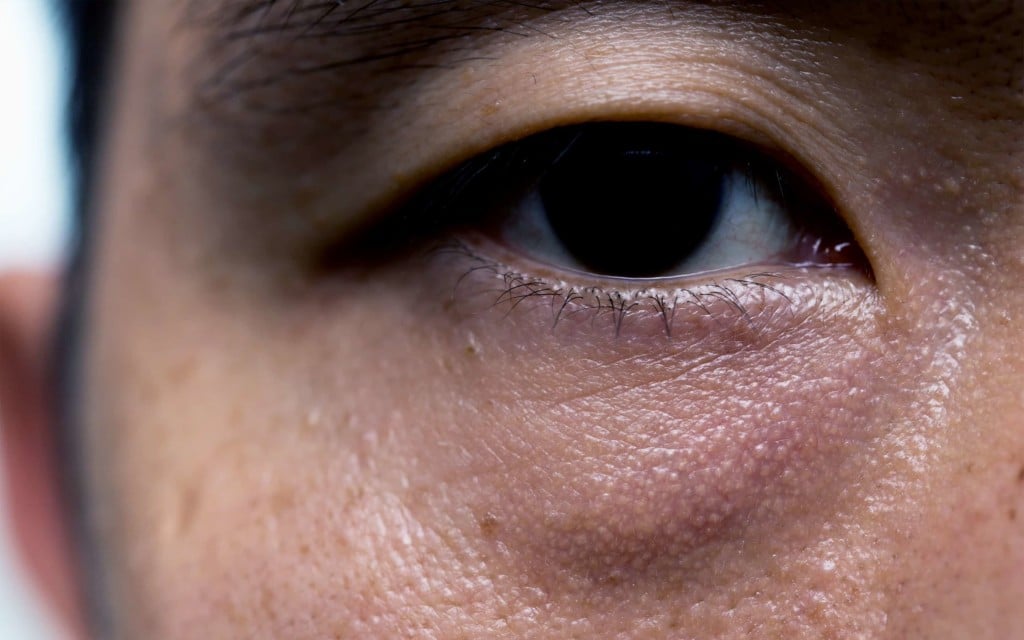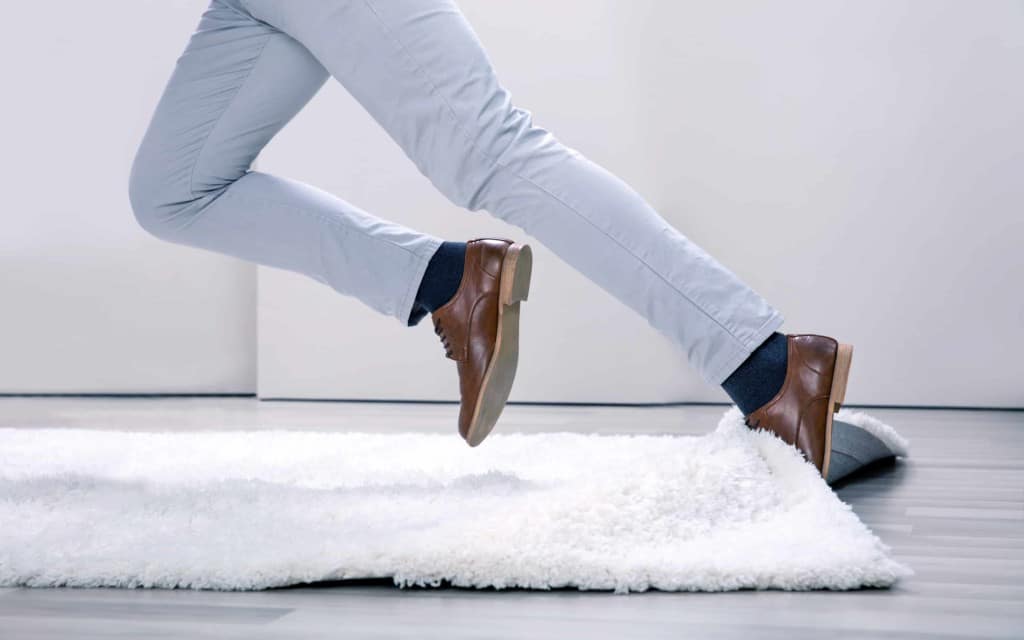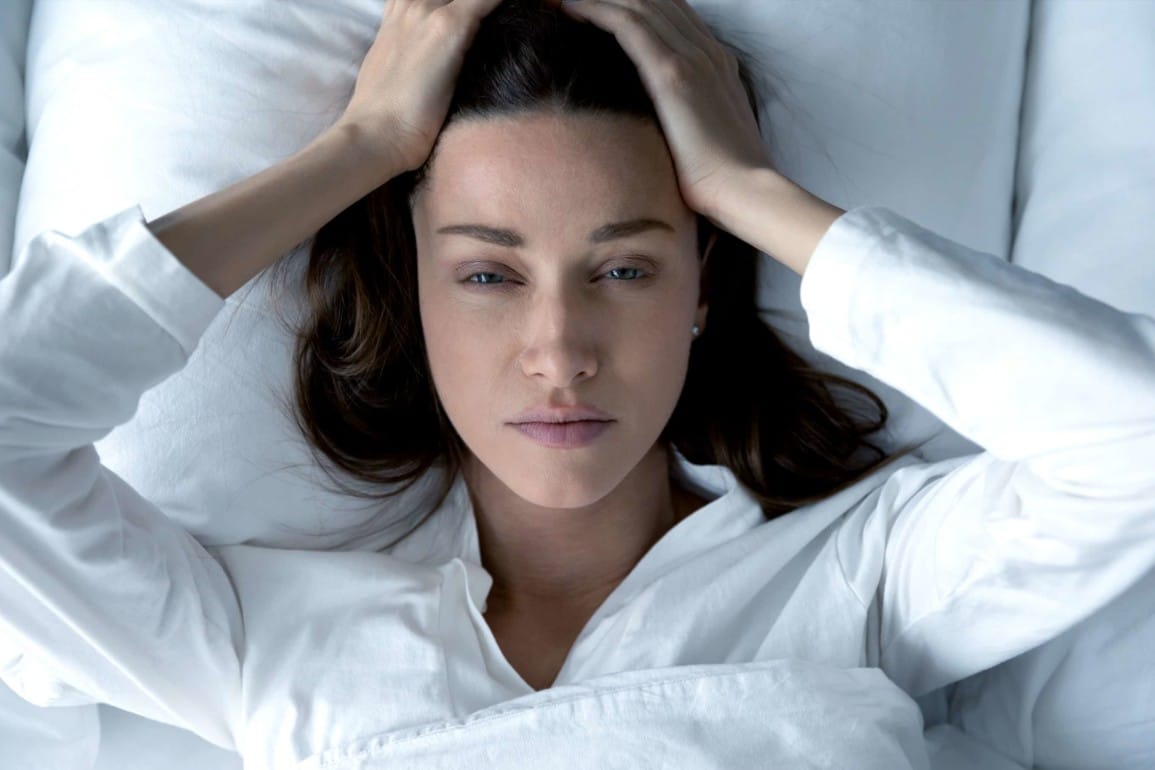Whether you’re worrying about crucial business deals, up all night looking after your new baby, or you’re just working on a monster studying session, sleep can be hard to come by.
Most of us, no matter how hard we try to protect ourselves from sleep deprivation, will experience a taste of it at some point during our lives.
Although there are countless articles and dedicated websites out there designed to help us understand the value of sleep, many of us still assume that we can go days without a decent snooze.
Unfortunately, the truth is that sleep deprivation is actually a lot more dangerous than you might think. In fact, there are different stages to sleep deprivation, and each one can expose us to a more worrying selection of symptoms and side effects.
Here’s your guide to the various levels of sleep deprivation.

What are the stages of sleep deprivation?
To understand the various sleep deprivation stages that people can go through, the first thing you need to know is that there’s no one-size-fits-all definition of being sleep deprived.
You don’t have to go at least 24 hours without sleep to feel the impact of exhaustion.
According to the Centers for Disease Control and Prevention, all adults between the ages of 18 and 60 should be getting at least 7 hours a night.
However, 35% of American adults don’t get that much sleep. To claim that you’re not sleep deprived, you just need to make sure that you’re not staying awake for longer than 17 hours at a time.
It might sound simple — but it’s easier said than done.
Because our bodies are so dependent on good sleep to stay healthy, even an hour or two of lost rest can leave you with problems like pain, discomfort, and even higher than usual levels of stress.
In addition, skimping on your sleep can throw crucial hormones out of whack, making it easier for you to gain weight, or develop chronic diseases.
Initially, the stages of sleep deprivation can begin with some relatively simple symptoms, such as:
Drooping eyelids
Sluggish reflexes
Hyperactive gag reflex
Hyperactive tendon reflexes
Irritability and mood problems
The longer you go without sleep, the worse the symptoms get. Here’s a basic timeline showing you the sleep deprivation stages, hour by hour.
Sleep deprivation stage 1: 24 hours
While you can feel the effects of being sleep deprived after just a few hours of missing sleep, you’ll be diagnosed as acutely sleep deprived usually after 24 hours.
The CDC (Centre for Disease Control) says that staying awake for 24 hours is similar to having a blood alcohol content of 0.10%.
When answering the question “What does sleep deprivation do?” the outcomes are usually still quite mild after 24 hours. The most common symptoms at this stage impact your mood, you might feel increased anxiety, irritability, or higher stress levels.
Other acute symptoms of sleep deprivation include:
Problems with memory and concentration
Impaired judgement
Clumsiness or a higher risk of accidents
Increased muscle tension
Reduced coordination
In the initial stages of sleep deprivation, your brain is trying to conserve energy by entering a state known as “local sleep”.
At this point, your body begins to shut down neurons in certain regions of your brain. While various parts of your brain will still be working well, other aspects, like your hand-eye coordination, will begin to diminish.
Additionally, 24 hours without sleep will make you less capable of making logical decisions.
All the while, your lack of sleep means that your natural sleep-wake cycle is disrupted, affecting hormone regulation for appetite, growth, stress, metabolism, the immune system, and more.

Sleep deprivation stage 2: 36 hours
The longer you go without sleep, the worse the stages of sleep deprivation becomes.
While even a little bit of sleep loss has a negative effect on the cardiovascular system, for instance, 36 hours without sleep can put serious pressure on your heart. Your blood pressure increases, and your heart rate increases too.
By the time you’ve gone a day and a half without sleep, you’re not just clumsy and emotional anymore, you’re at serious risk of health problems. You’ll have higher levels of various inflammatory markers in your bloodstream, which can lead to cardiovascular disease.
Additionally, your cognitive performance is likely to deteriorate. You may have trouble properly recalling faces, and your ability to remember words will be damaged.
Studies have found that as the levels of sleep deprivation progress, your ability to practice complex skills, like making verbs out of nouns, will go completely haywire.
Sleep deprivation stage 3: 48 hours
The stages of sleep deprivation become even more worrisome when you reach 48 hours without sleep. At this point, your body is under a significant amount of excess stress.
Studies have found that the immune system of people missing out on 48 hours of sleep is usually drastically different from well-rested people. For instance, your levels of white blood cells fall dramatically, making it difficult for you to fight off disease.
A study of healthy people who had been deprived of sleep for 2 days found higher levels of nitrogen in the urine too. This indicates huge levels of stress in your body.
Additionally, your reaction time will be seriously impaired by this point. You’ll struggle to keep yourself out of danger and be unable to make even the simplest decisions.
Sleep deprivation stage 4: 72 hours
By the time you reach three days without sleep—if you haven’t sought medical attention already, you’ll need to do so—asap.
Sleep deprivation makes your psychological and motor responses incredibly unstable. You won’t be able to focus on anything, and you’ll be struggling to keep your emotions under control.
In the later stages of sleep deprivation, hallucinations become more common. Your brain won’t be able to absorb the information around you properly, and it will begin to fill the gaps with things that don’t make much sense.
You may also experience something called “microsleeps”. This happens when you brain falls into sleeping mode for a short period of time — often just a few seconds. Obviously, this is very dangerous — particularly if you’re engaged in activities like driving.
If you’re seriously sleep deprived, or even just in the initial stages of sleep deprivation, it may be best to avoid any activities that might put you or other people in danger.

What can sleep deprivation cause?
The various levels of sleep deprivation make it clear just how dangerous sleep deprivation can be. It’s no wonder that people turn to sleep aids for help avoiding deprivation.
Sleep deprivation causes your body and mind to act erratically. Your hormone levels fall out of balance, making it more likely that you’ll over-eat and feel excessively emotional. You’ll struggle with balance and concentration.
Likewise, you’ll be more at risk of illness and serious health problems. The longer you stay awake, the more serious the side effects become. Just take a look at the sleep deprivation conducted in 1964, when a person stayed awake for just over 11 days.
The initial stages of sleep deprivation cause drowsiness, reduced attention span and problems with your memory, alertness, and judgement.
In later stages, sleep deprivation can cause:
Heart disease
High blood pressure
Obesity
Diabetes
Depression
Anxiety
In some cases, the stages of sleep deprivation can also lead an increased risk of death. Sleep deprivation increases your chances of dangerous accidents. Around 90,000 motor vehicles were reported in 2015 caused by sleep-impaired drivers.

Understanding the stages of sleep deprivation
Sleep deprivation occurs at any time when a person is unable to get enough sleep. We don’t know for certain how long people can go without sleep — but we do know that even the initial stages of sleep deprivation are dangerous.
While missing a couple of hours of sleep might not seem like a big deal at first, it could damage your energy levels, mood, concentration, and your health.
The longer you allow yourself to go without following your circadian rhythm, the worse your levels of sleep deprivation become. Over time, you might have a higher risk of chronic diseases like obesity, diabetes, and cardiovascular disease.
What’s more, you’ll be putting yourself and the people around you at risk because of your inability to make sensible decisions.
Find out how much sleep you need every day by following our guide here.
If you discover that you’re not getting the right amount of rest to protect your health, then speak to a doctor about your options. There are many great things you can do to overcome sleep deprivation issues.
Siestio. Sleep Matters.







